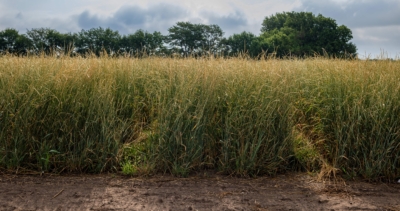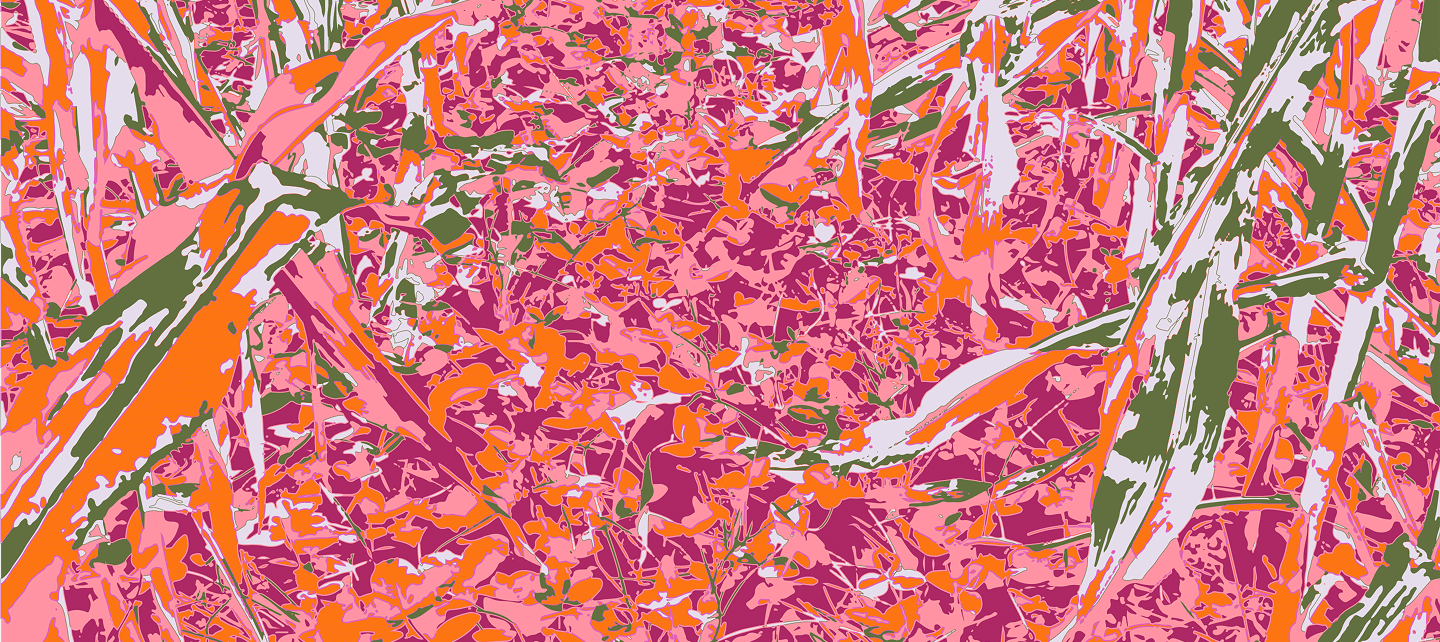Natural ecosystems are self-sustaining. For at least 10,000 years, humans have disrupted those ecosystems and kept them in a continuous state of disruption in order to feed our populations. Increasingly, the scale of those agricultural disruptions threatens to permanently degrade the ecosphere upon which we depend.
Humans didn’t plan this, nor do we intend harm. And certainly farmers and agricultural producers, along with food consumers, are caught together with other living communities and species in a food and agricultural system that has been pushed beyond its breaking point.
We believe that it doesn’t have to be this way.
Led by a team of plant breeders and ecologists working in global partnerships, we are developing new perennial crops to be grown in ecologically functional mixtures known as polycultures. Our goal is to create an agriculture that mimics many aspects of natural ecosystems in order to produce ample food and reduce the negative impacts of industrial agriculture.
From nutrient retention to carbon sequestration to weed suppression, the agriculture we are bringing to fruition promises to become a soil-forming, rather than a soil-degrading activity.
We invite you to learn more about our work at The Land Institute and how these perennial polycultures are at the heart of the fundamental shift we and our partners are working toward.
The Land Institute is a 501(c)(3) non-profit research organization founded in 1976 and based in Salina, Kansas. To enable this critical work, you may donate online or contact us at 785-823-5376 to visit with our team.












